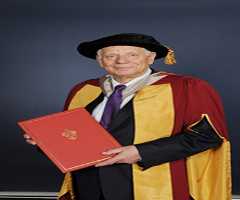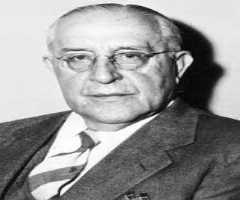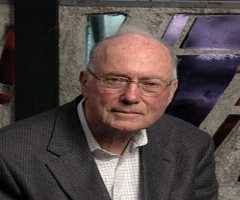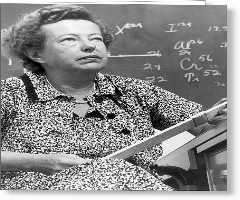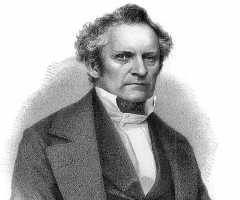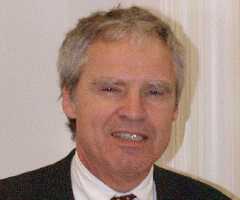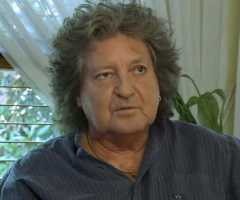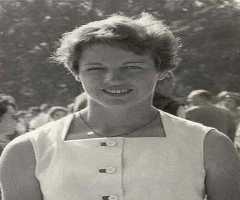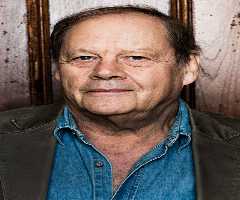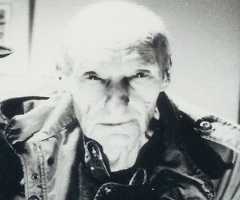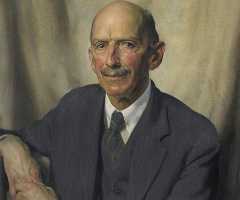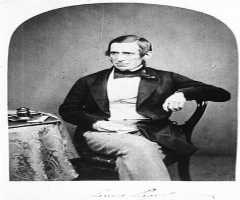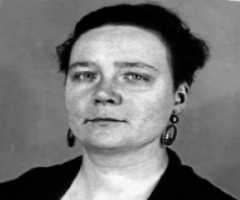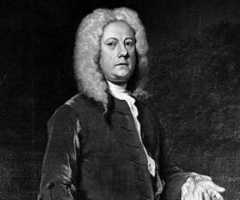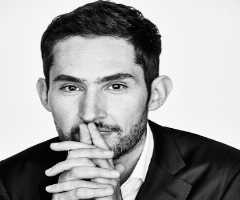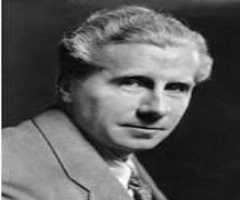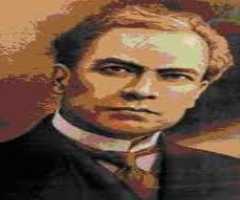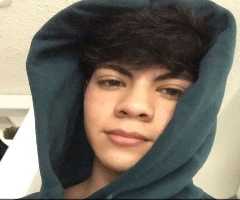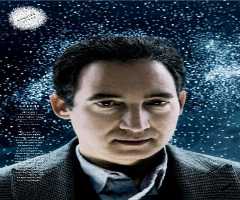Brian Josephson Biography, Life, Interesting Facts
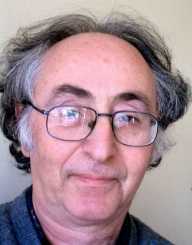
Birthday :
Birth Place :
Cardiff, Wales, United Kingdom
Zodiac Sign :
Chinese Zodiac :
Birth Element :
Earth
Born in Wales, Brian Josephson is a theoretical physicist well known for his work on superconductivity and quantum tunneling. He was honored with a Nobel Prize in Physics in 1973 for the invention of Josephson junctions, the major components of Super Quantum Interference Devices (SQUIDS) commonly referred to as Josephson's effects. Since his early age at school, Josephson was a brilliant but shy boy. He had a unique interest in physics, and he often challenged the lecturers on topics he felt were not given the best shot. Brian published his first paper while still an undergraduate student at Cambridge University. Brian Josephson developed Josephson effects theory when he was 22 years and a Ph.D. student at the University in 1962. He acquired his masters and Ph.D. in 1964.
Brian's career was majorly centered in Cambridge with only a few seasons of him being in the United States of America.
Childhood And Early life
- Brian Josephson was born in Cardiff, Wales to Jewish parents on January 4, 1940.
- The mother was Mimi née Weisbard Josephson while the father was Abraham Johnson.
- He was enrolled in Cardiff High School where he met Emrys Jones, a physics masters, whom he credits for introducing him to theoretical physics.
- He became a brilliant and self-confident student and did not hesitate to correct what he felt was wrong. One of his lecturers remembers how vital it was to be precise in a lecture where Josephson was involved. He would walk with the lecturer and politely correct the mistake he noted during the lesson.
Education
- Cardiff High School. It is from here that Brian Josephson was introduced to theoretical physics. He credits schools masters and in particular the Physics head, Emrys Jones for helping him discover theoretical physics.
- Trinity College, Cambridge. He enrolled here to study mathematics. He found it hostile and annoying after completing Mathematics Part II. As a result, he changed to Physics. The long association of Trinity College with paranormal studies influenced Josephson to take the niche. Josephson was a brilliant student and published his first paper dealing with aspects of the theory of relativity and Mossbauer Effect while he was still doing his undergraduate studies. This publication aided in the reconciliation of previously varying measurements of gravitational redshifts.
- In the late 1960's, Josephson developed an interest in parapsychology. He aimed at exploring the link between quantum mechanics and the mind.
- Josephson effects were accepted as one of the most striking discoveries in superconductivity. He defended a dissertation titled "Nonlinear conduction in superconductors."
- He did a master's degree at Cambridge and Ph.D. from the same university and graduated in 1964.
Career
- After completion of his bachelor's degree, Josephson joined the Royal Society's Mond Laboratory of Cambridge University to do his graduate studies in experimental Physics.
- He worked under the supervision of a British physicist Brian Pippard who was a renowned expert of solid-state physics. He had knowledge on superconductivity which interested Josephson a great deal.
- At 22 years, Josephson discovered that without superimposed voltage, current could form between two superconductors separated by a thin insulator. The discovery was known as the Josephson Effect. The discovery enabled him to win a Nobel Prize in Physics.
- Between 1965 and 1966, Brian Josephson went to the United States of America and became a research professor at the University of Illinois.
- In 1967, he went back to Cambridge and became Assistant Director of Research and was elected a Fellow of Royal Society in 1970.
- In 1972, Brian was appointed a reader in physics and two years later as a professor of Physics.
- He started as a practitioner of transcendental meditation and a visiting faculty member at Maharishi European Research University in the Netherlands
- In 1983, he held visiting professorship at Wayne state University
- In 1984 he became a visiting professor at Indian Institute of Science, Bangalore and the University of Missouri-Rolla in 1987
- Brian Josephson retired in 2007 from Cambridge University. He continued working on his projects, and he is the director of Mind-Matter Unification Project.
Major Works
- At 22 years, Brian Josephson did the project on quantum tunneling that won him a Nobel Prize in 1973.
- The discovery of the Josephson Effect led to the invention of Superconducting Quantum Interference Devices (SQUIDS). The design is vital in geology to make greatly sensitive measurements. It was also used in computing as well as medicine.
- Josephson's work and discoveries with superconductors were applied by researchers in International Business Machines Corporation (IBM) to develop a computer switch structure that allowed speeds 100 times faster than silicon-based chips. These switch structures led to the increase of data processing speeds by significantly large amount by 1980
- Brian Josephson together with V.S Ramachandran published the edited form of there 1978 symposium on consciousness at Cambridge titled "Consciousness and the Physical World". He delved into research on the importance of mysticism to scientific understanding.
Controversies
- Brian Josephson became very controversial for getting involved in research on parapsychology, homeopathy and cold fusion.
- He said that cold fusion would be a source of efficient energy in future. He has on several occasions turned his attention into things outside mainstream science and considered by fellow scientists as a weird approach of theoretical physics.
- He came up with Mind-Matter Unification Project to research on intelligence and the relationship that exists between quantum mechanics and consciousness. This reasoning has made him support controversial topics putting him in sharp criticism from other scientists.
- Josephson went against a strong wave fellow physicists to openly recommend intense scientific investigation on paranormal phenomena. The mainstream scientists termed these concepts as Pseudoscience.
- Contributions of Josephson to the controversial topics has seen him establish a research project known as Mind-Matter Unification Project at Cavendish Laboratory.
- He has applied very complex theoretical concepts in music, psycholinguistics, and artificial intelligence.
- Josephson has however shown immense support for it and has even done experiments to prove that telepathy is indeed true. He has reported positive results supporting the possibility of communicating between minds without necessarily involving the usual senses.
Awards And Achievements
- In 1969, New Scientist Award coupled with Research Corporation Award were given to Brian for his contributions to science.
- In 1970, Brian was elected a Fellow of the Royal Society (FRS). He also got awarded Fritz London Memorial Prize.
- In 1972, he won Guthrie Medal from the Institute of Physics. In the same year, Brian won Hughes Medal, Holweck Prize (Institute of Physics and French Institute of Physics), Van der Pol Medal (International Union of Radio Science) and Elliott Cresson Medal from Franklin Institute.
- In 1973, Brian Josephson won a Nobel Prize in Physics for his predictions of Johnson's effects.
- In 1974, Brian was awarded an honorary doctorate from University of Wales.
- In 1982, he was awarded Faraday Medal from the Institute of Electrical Engineers.
- Brian Josephson received an honorary doctorate from the University of Exeter in 1983.
- In 1984, he received Sir George Thomson Medal from the Institute of Measurement and Control.
- Medal of the town of Marseilles awarded in 2004.
Personal Life And Legacy
- Brian Josephson was married to Carol Anne Olivier, and they have a daughter.
- He is a brilliant but relatively shy man. He believes in mysticism and is a member of transcendental meditation since 1970.
- He is the director of Mind-Matter Unification Project.
More Physicists
-
![Zhores Ivanovich Alferov]()
Zhores Ivanovich Alferov
-
![Victor Francis Hess]()
Victor Francis Hess
-
![Charles Hard Townes]()
Charles Hard Townes
-
![Maria Goeppert Mayer]()
Maria Goeppert Mayer
-
![Sir George Stokes, 1st Baronet]()
Sir George Stokes, 1st Baronet
-
![Robert B. Laughlin]()
Robert B. Laughlin
